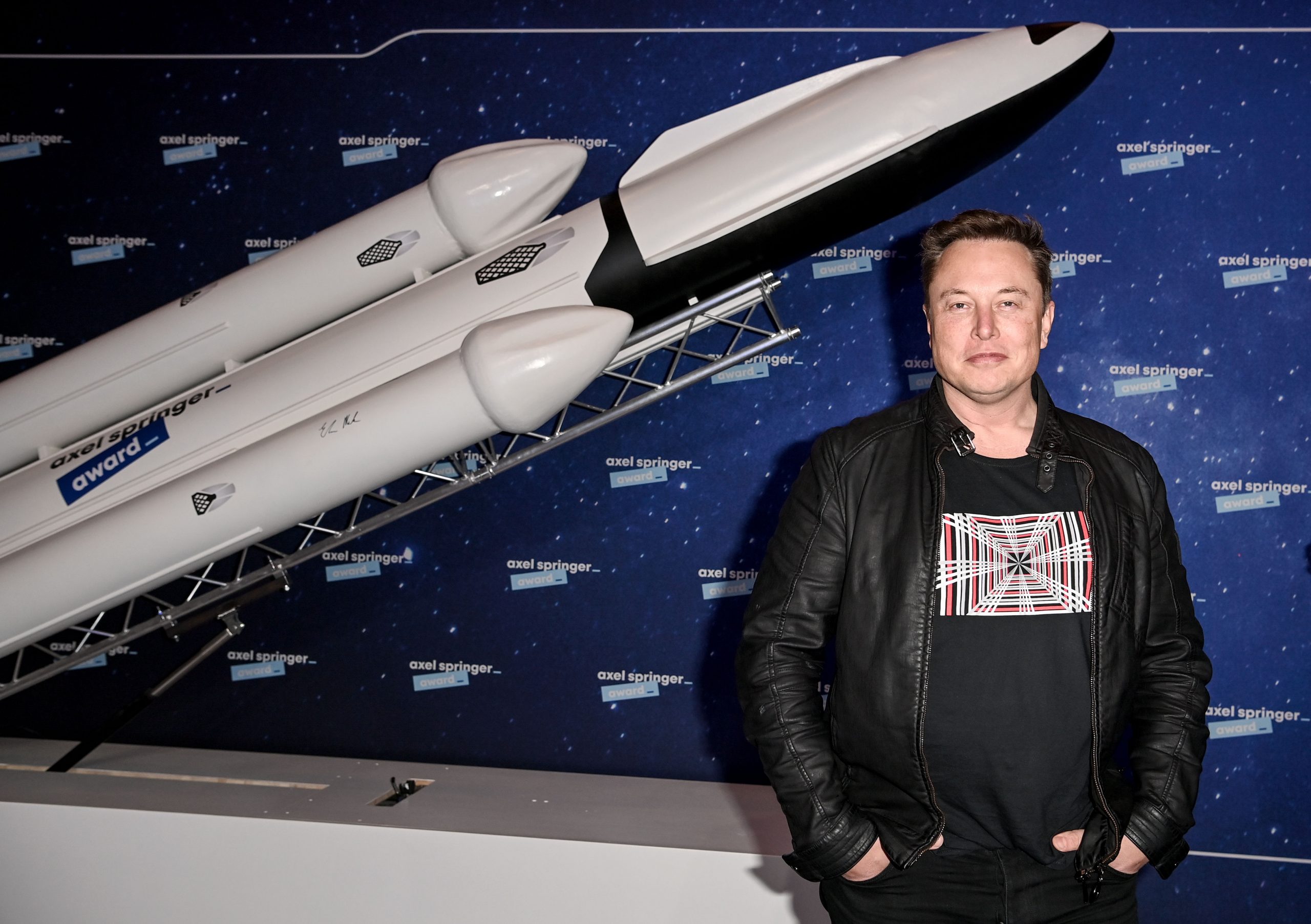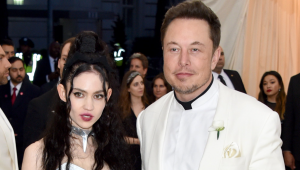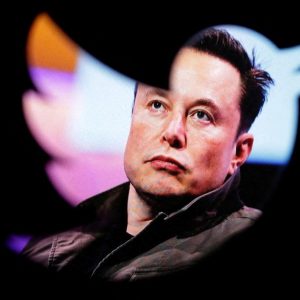A Black former Tesla Inc worker has accused the company of racial abuse at their San Francisco Bay Area factory. The company now must pay him nearly $137 million. The jury ruled in favour of Owen Diaz and declared that he was subjected to racial harassment and a hostile work environment.
In the lawsuit he alleged that he was harassed and faced “daily racist epithets” during his time at Tesla’s Fremont plant in 2015 and 2016 before quitting. Diaz was a contracted elevator operator.
Also Read | Let it fly: Elon Musk says US should avoid regulating cryptocurrency market
He alleged that employees drew swastikas and left racist graffiti and drawings around the plant. “Tesla’s progressive image was a façade papering over its regressive, demeaning treatment of African-American employees,” the lawsuit said.
“Diaz was awarded $6.9 million in damages for emotional distress and $130 million in punitive damages,” his attorney, Lawrence A. Organ, told the Washington Post.
Also Read | Elon Musk and Grimes break up: A timeline of their relationship
“It took four long years to get to this point,” Owen Diaz told the New York Times. “It’s like a big weight has been pulled off my shoulders.”
“It’s a great thing when one of the richest corporations in America has to have a reckoning of the abhorrent conditions at its factory for Black people,” Organ, of the California Civil Rights Law Group, told the Times.
Also Read | Elon Musk’s Tesla Bot will eliminate ‘dangerous, repetitive, boring tasks’
Tesla had earlier denied any knowledge of the alleged racist conduct at the plants. It was not clear if Tesla would appeal but. However, the company issued a statement on Monday.
“While we strongly believe that these facts don’t justify the verdict reached by the jury in San Francisco, we do recognize that in 2015 and 2016 we were not perfect. We’re still not perfect,” wrote Valerie Capers Workman, Tesla’s human resources vice-president.
“But we have come a long way from five years ago. We continue to grow and improve in how we address employee concerns. Occasionally, we’ll get it wrong, and when that happens we should be held accountable.”







